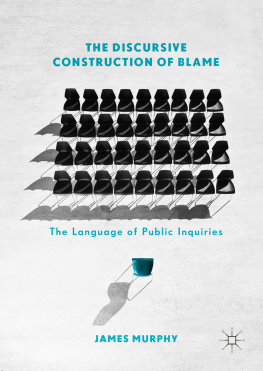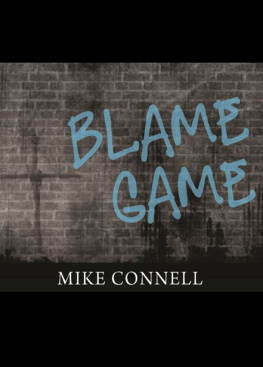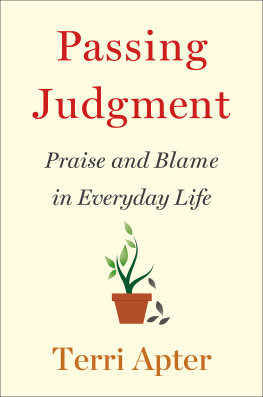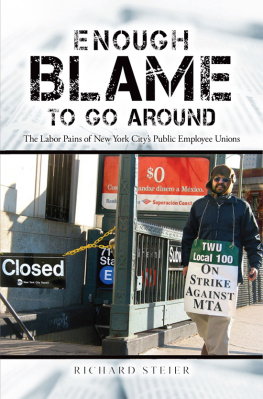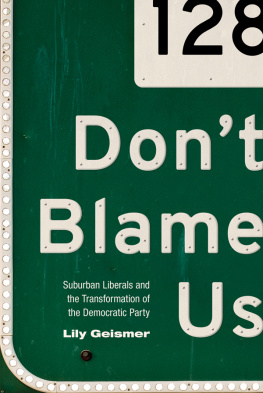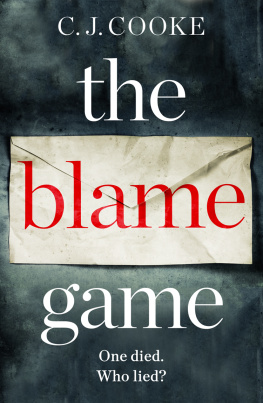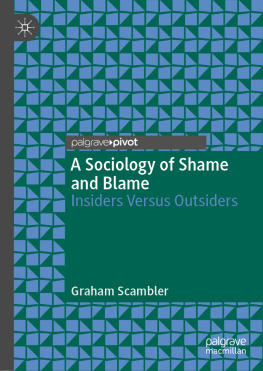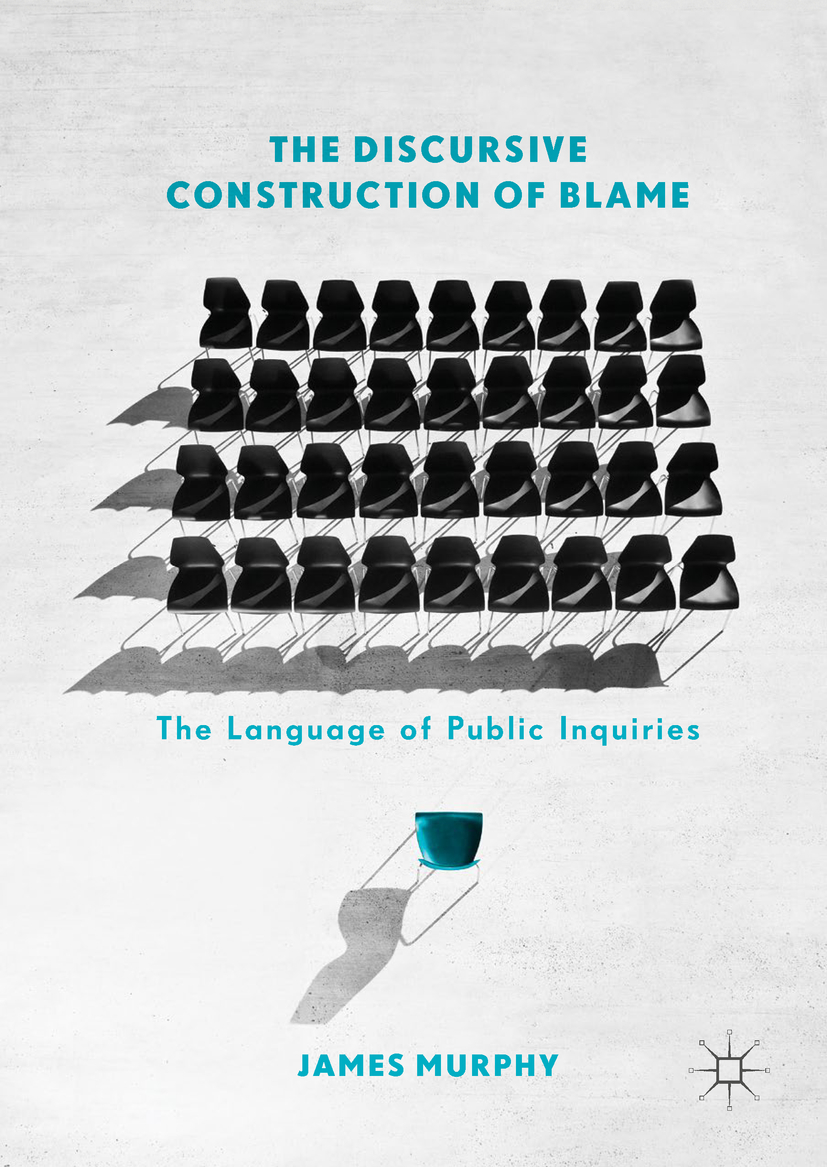James Murphy
Bristol Centre for Linguistics, University of the West of England, Bristol, UK
ISBN 978-1-137-50721-1 e-ISBN 978-1-137-50722-8
https://doi.org/10.1057/978-1-137-50722-8
Library of Congress Control Number: 2018942350
The author(s) has/have asserted their right(s) to be identified as the author(s) of this work in accordance with the Copyright, Designs and Patents Act 1988.
The Editor(s) (if applicable) and The Author(s) 2019
This work is subject to copyright.. All rights are solely and exclusively licensed by the Publisher, whether the whole or part of the material is concerned, specifically the rights of translation, reprinting, reuse of illustrations, recitation, broadcasting, reproduction on microfilms or in any other physical way, and transmission or information storage and retrieval, electronic adaptation, computer software, or by similar or dissimilar methodology now known or hereafter developed.
The use of general descriptive names, registered names, trademarks, service marks, etc. in this publication does not imply, even in the absence of a specific statement, that such names are exempt from the relevant protective laws and regulations and therefore free for general use.
The publisher, the authors, and the editors are safe to assume that the advice and information in this book are believed to be true and accurate at the date of publication. Neither the publisher nor the authors or the editors give a warranty, express or implied, with respect to the material contained herein or for any errors or omissions that may have been made. The publisher remains neutral with regard to jurisdictional claims in published maps and institutional affiliations.
Cover credit: Martin Barraud/Getty Images
Cover design by Tjaa Krivec
This Palgrave Macmillan imprint is published by the registered company Macmillan Publishers Ltd. part of Springer Nature
The registered company address is: The Campus, 4 Crinan Street, London, N1 9XW, United Kingdom
Acknowledgements
This was a project which Prof. John Wilson instigated prior to his retirement from Ulster University and I enthusiastically accepted his invitation to join it over dinner at a conference. John then went on to retire more fully and responsibility for this work passed to me. I am grateful to John for that initial invitation and for subsequent discussions. The work has changed in all sorts of ways, though Chapter has Johns fingerprints on it, and Im grateful to him for allowing its use here. Needless to say, he is not to blame for any of its shortcomings!
I am grateful to my colleagues at the University of the West of England for their support during the writing process. They have been especially encouraging and generous with their advice. I am particularly grateful to Dr. Kate Beeching and Prof. Richard Coates for reading over a number of chapters and to Prof. Jonathan Charteris-Black for discussions about blame, often in the pub after a Bristol Rovers game. Dr. Anna Piasecki has picked up some of my slack and has been greatly encouraging. Harriet Castor Jefferys red pen was a great help, as were our Friday afternoon G&Ts. My colleagues in Linguistics and Writing really are a great bunch.
I also have to acknowledge the fact that this work has been completed thanks to two stints of faculty research leave which granted me a reduction in my teaching load, which certainly allowed me to maintain my sanity, especially in the final stages of the writing.
Undertaking a work such as this means that the professional and personal overlap greatly (too much!). I thank Emily McCoy for making sure we were well looked after and for all of her support; an effort made all the more impressive given that shes been carrying our first child. I am thankful also to Barbara & John McCoy for their cheerleading. My mother, Jacqueline, has supported me in everything that I have ever chosen to do and has always had an encouraging word when its been needed. My siblings, Daniel, Craig and Rachel, despite our woeful inability to communicate with each other, I know are always there for me.
I dedicate this book to my late father, Martin Murphy who passed away before the book was completed and whose effusive praise at its publication I will sorely miss. He always showed interest, asked insightful questions and encouraged me to be concise. I hope all of this is reflected in the end product.
List of Figures
Fig. 2.1 Parliamentary activity and the pressure felt by the government to establish an inquiry
Fig. 3.1 Woodburys question types and their relationship to modal and interpersonal properties
Fig. 3.2 A continuum of conducivity, adapted from Fig. 8 in Archer (2005)
Fig. 3.3 The order of themes in service users evidence
Fig. 4.1 Shavers (1985) summary of blame (his Figure 8.2)
Fig. 4.2 An adapted version of Shavers (1985) view of blame
Fig. 5.1 Lexical items used to carry out blame in Volume 2, Chapter 16 (Who was to blame?) of the Shipman Inquiry (frequencies in brackets)
Fig. 6.1 Participation structure of a post-inquiry apology
List of Tables
Table 2.1 Dates relating to inquiry processes
Table 2.2 The contents of inquiry Terms of Reference
Table 3.1 Question types as posed at the C. Diff Inquiry
Table 3.2 A comparison of inquiry and courtroom question types
Table 3.3 Distribution of questions for service-user witnesses vs. hospital staff witnesses
Table 4.1 The top 50 keywords in the News International corpus
Table 4.2 Themes of keywords found in the News International corpus
Table 5.1 Frequency of blame-related lexical items, per million words
Table 5.2 The frequency of the top 10 verbal collocates of must have, frequencies per million words with raw frequencies in brackets
Table 5.3 The frequency of the top 10 verbal collocates of should/ought to have, frequencies per million words with raw frequencies in brackets
Table 5.4 The frequency of the top 10 verbal collocates of may have, frequencies per million words with raw frequencies in brackets
Table 6.1 Post-inquiry apologies analysed for this chapter
Table 6.2 Explicit and conventional apology tokens found in historical apologies

